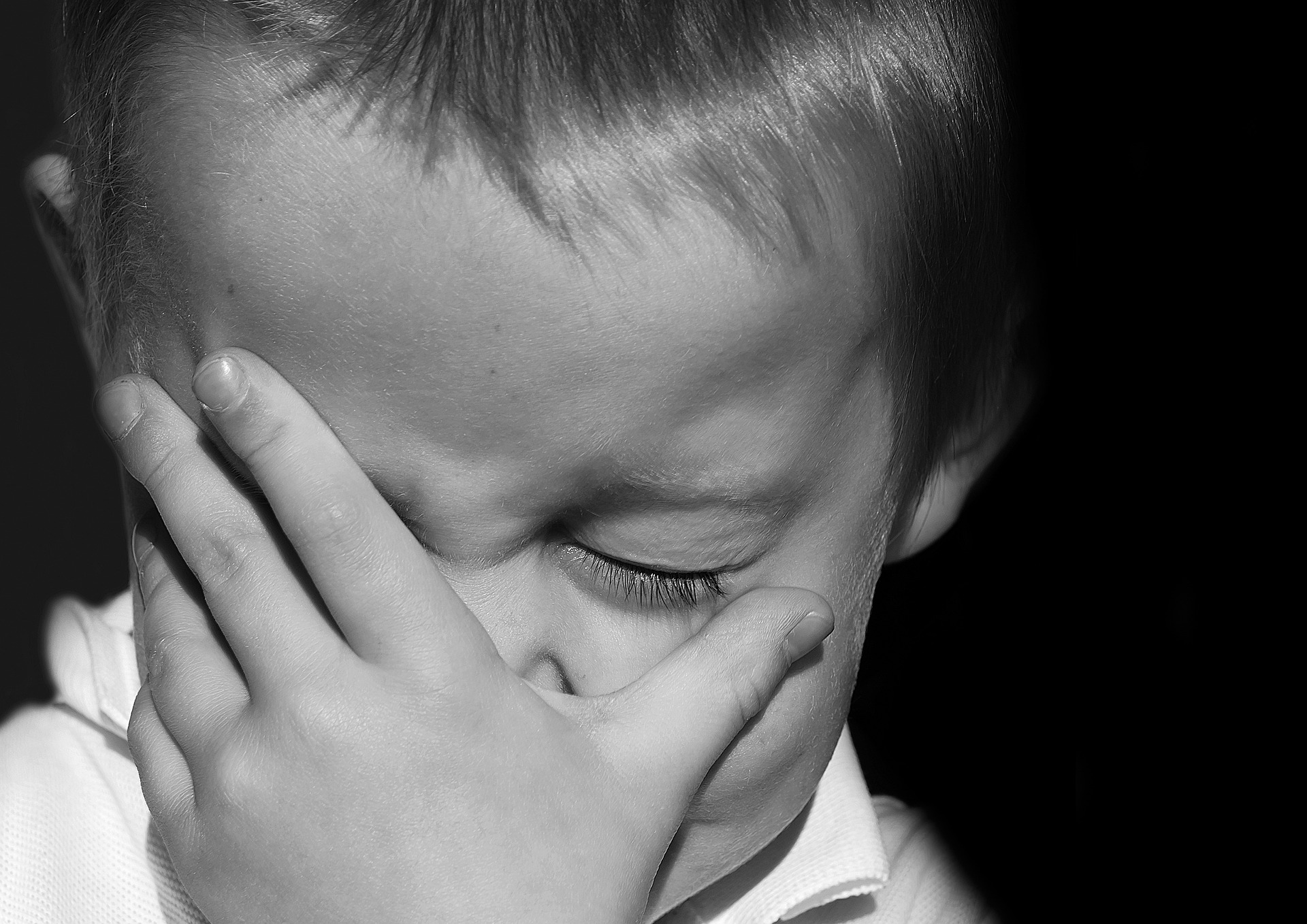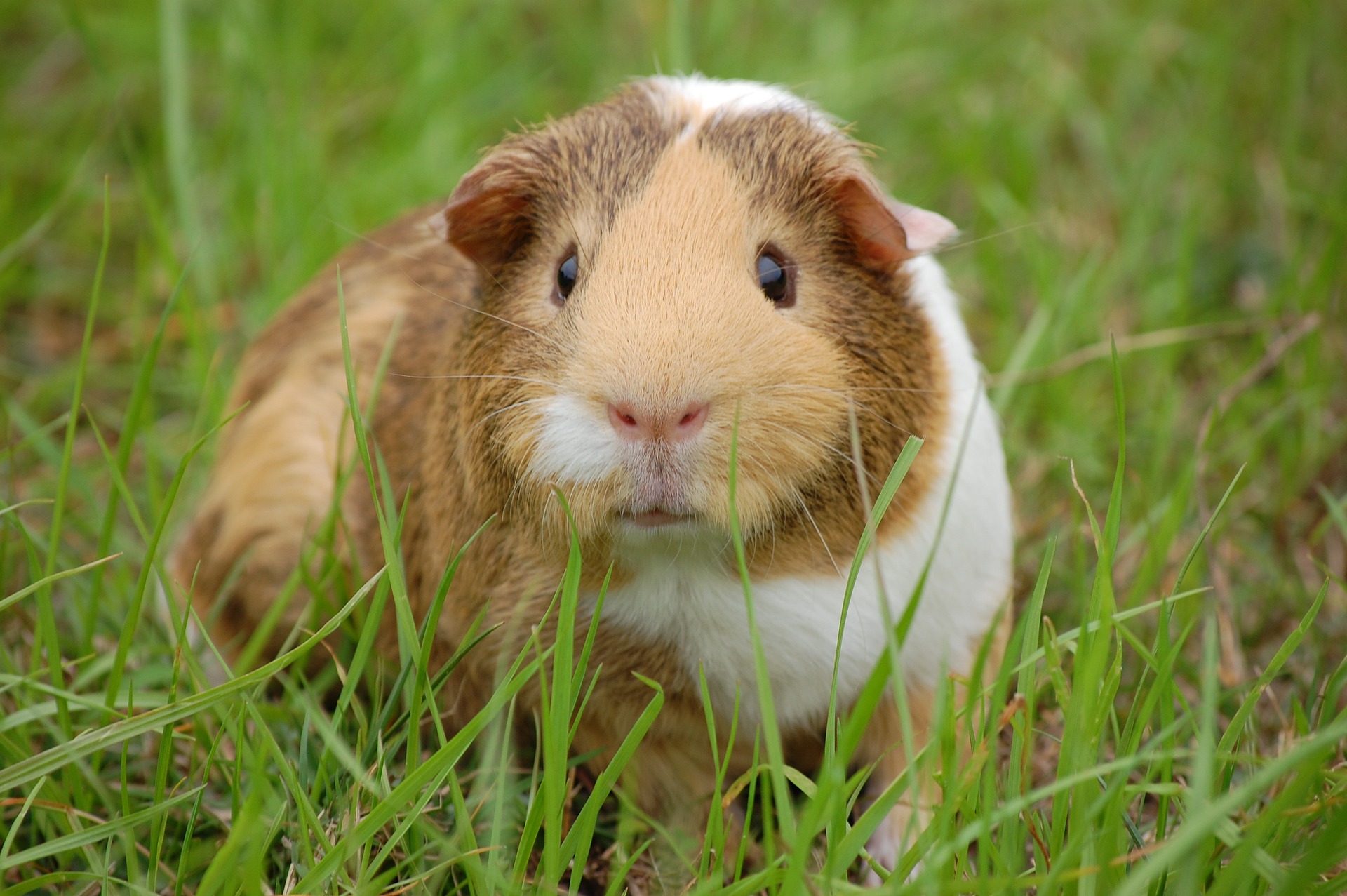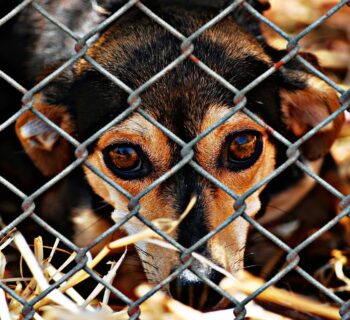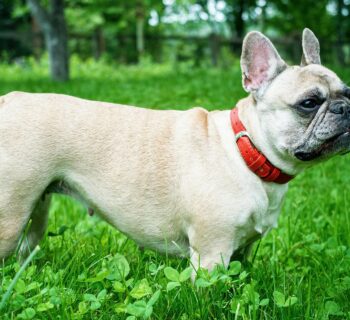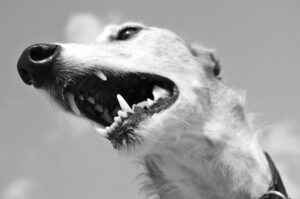 The teeth of a dog are essential for eating, grooming, and defense. Without proper dog dental care, the oral health of our pets can suffer. Unlike puppies, adult dogs are not supposed to lose their permanent set of 42 teeth. There are several reasons for an adult dog losing a permanent tooth. In any case, if your adult dog has lost a tooth, it's important to consult with your veterinarian to find the cause.
The teeth of a dog are essential for eating, grooming, and defense. Without proper dog dental care, the oral health of our pets can suffer. Unlike puppies, adult dogs are not supposed to lose their permanent set of 42 teeth. There are several reasons for an adult dog losing a permanent tooth. In any case, if your adult dog has lost a tooth, it's important to consult with your veterinarian to find the cause.
Causes of Adult Dog Tooth Loss
The most common reason for the loss of a permanent tooth in an adult dog is periodontal disease. This condition begins when plaque builds around the base of a tooth, working its way under the gums. The bacterium found in plaque then secretes toxins, causing damage to the gums and connective tissues. Without dog dental care to treat this condition, inflammation can occur with excessive damage to the mouth. The end result of this vicious cycle is the loss of teeth.
The second common cause of teeth loss in dogs is hyperparathyroidism, a metabolic disorder. Hyperparathyroidism is caused by hyperactivity in one or more of the parathyroid glands. One of the major effects that this condition has on the health of our pets is the reduction in calcium from the bones and teeth. As the condition progresses, the teeth can become loose and fall out.
Self-induced or environmental trauma to the dog's mouth could also result in the loss of a permanent dog tooth. This could include something hitting the dog in the mouth, such as a ball or rock. Force impact, such as from getting hit by a vehicle, could also fracture the tooth. As connective tissue wears away due to the damage, the tooth can become loose and fall out. Your dog's habit of chewing on hard materials can also be the cause of tooth loss. Avoid letting your dog chew on rocks or other materials that could crack or snap a permanent tooth.
Treating Tooth Loss in an Adult Dog
Unfortunately, there is not much a veterinarian can do once your adult dog has lost a permanent tooth. However, there are ways to prevent this problem from occurring again. Your dog will require a veterinarian examine to check for signs of infection and to narrow down the type of dental disease or oral injury your dog may have. Regular dog dental care, which consists of a basic cleaning of the teeth and gums, should be scheduled on a regular basis.
In order to perform the oral cleaning, your dog may need to be put under general anesthesia. This is for the safety of the veterinarian and your dog and allows a thorough cleaning without putting your pet in pain. Pet owners may be required to give their dog an antibiotic if signs of infection are found. Some forms of dental disease also require the use of pet medications. It's important to see a veterinarian as soon as you notice oral problems with your dog. Without treatment, your dog could stop eating or be forced to live with intense oral pain.

